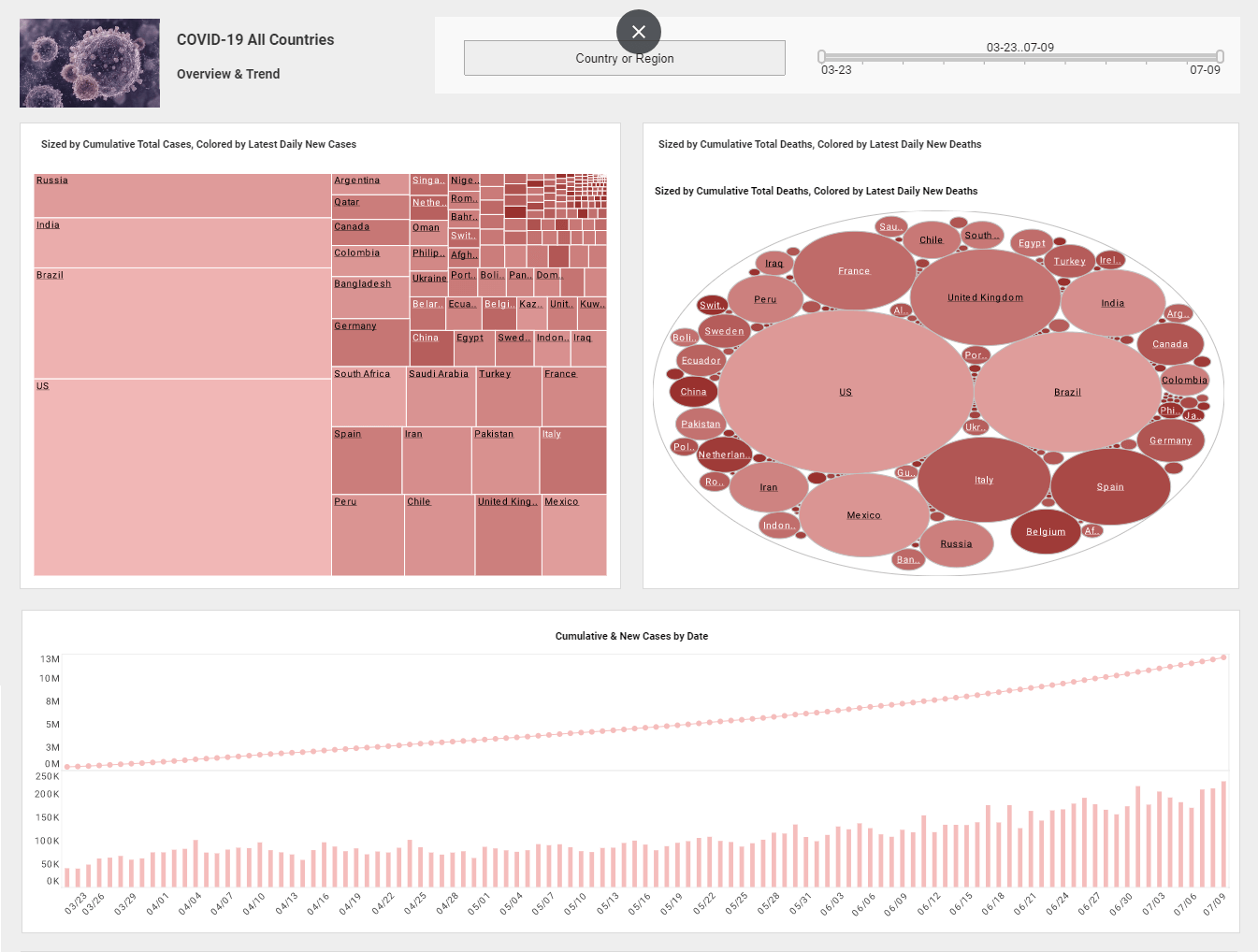Better Understanding of Master Data Management
This is the transcript of a Webinar titled "Why MDM?” hosted by InetSoft. The speaker is Christopher Wren, Principal Consultant at TFI Consulting.
Today’s Webinar is going to help us to gain a better understanding of master data management, abbreviated as MDM. We’ll talk a bit more about what it is, the current state of the data management industry as well as the adoption levels of this toolset today, key trends and a bit of advice for the future.
It's really interesting to hear how experts talk about MDM. Some of the words that they use get across the business benefits of MDM. One thing that we’ve heard a lot is that there is a lot of confusion around MDM. Certainly some of it is perpetuated by vendors, I know. But there are different definitions floating around which doesn’t help people warm to the discipline.
Let’s start with the perspective of the business. What is the CEO or a CFO going to see as the value of MDM. I think it's about getting consistent data and information. If there’s any application or project that they want to get off the ground, a key to achieving those strategic objectives, invariably it's going to require good quality, good clean data.
And if the data stinks as happens in a lot of these large global corporations that have fragmented systems distributed around the organization, initiatives are not going to succeed. So MDM is about making great systems not just for reporting and analysis, which is what they have focused on, but for all applications as a point of contact with the customer specifically.
| #1 Ranking: Read how InetSoft was rated #1 for user adoption in G2's user survey-based index | Read More |
Learning Data Warehouses in BI
It is taking the principles and concepts from learning data warehouses in BI and applying them to the rest of the data systems and the rest of the applications and essentially the rest of the organization. I think the key thing there is to understand what master data is all about.
Let’s take a little step back and define what master data is. The way I look at it is that it is an environment for harmonizing key business entities, not transactions, but key business entities. These business entities are things like customers or products or some geographic location or perhaps some kind of financial accounts or something like that.
I put an emphasis on the point that it's not transactions, on purpose. I think if we can somehow integrate these key business entities, and these things that are created for business, the transactional side will come along. It's a lot easier than thinking of some way to integrate transactional data and ideas.
MDM gives you the ability to have the smooth processes surrounding data. Enabling clean and accurate master data, the business entities can define it as reference data to be accessed and distributed and used throughout the enterprise.
And one thing that I like to point out a lot especially when I am talking to customers is that there’s some confusion in the market when people bring up terms such as CDI, or Customer Data Integration, or PIM, Product Information Management. The way that I view it is all those are domain subsets of MDM You are managing master data by those key business entities that deal specifically with product master data or customer master data. So there’s sometimes confusion that they are different technologies, and they are different processes.
 |
Read the top 10 reasons for selecting InetSoft as your BI partner. |
I think it's an important point because CDI and PIM grew up as applications. They were the applications to integrate customer data, the applications to integrate product data. Where do you put all of that? Well, you don't want to build silos between these business entities or master data. So you have got to think beyond the application of where am I storing this information and is this integrated itself in the actual business itself.
I think that when you look at the market today, we thought we might as well talk about the evolution of the markets. I think the markets are coming to accept that just like data marts, you don't want to end up with these silos of master data propagated throughout my enterprise. I really want to have single pieces of infrastructure, single processes to enable me to manage multiple domains of master data versus being stuck in that silos niche that we tend to get in.
| Next: Talking to the Business about Data Management |


